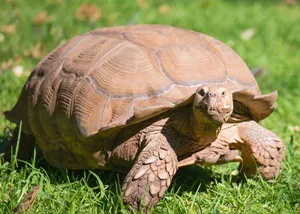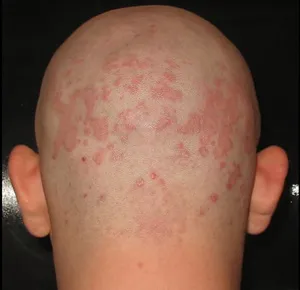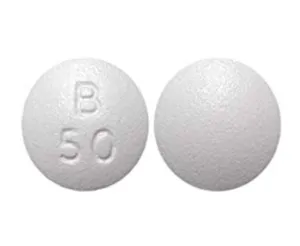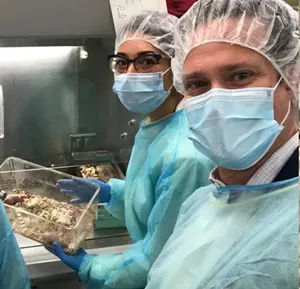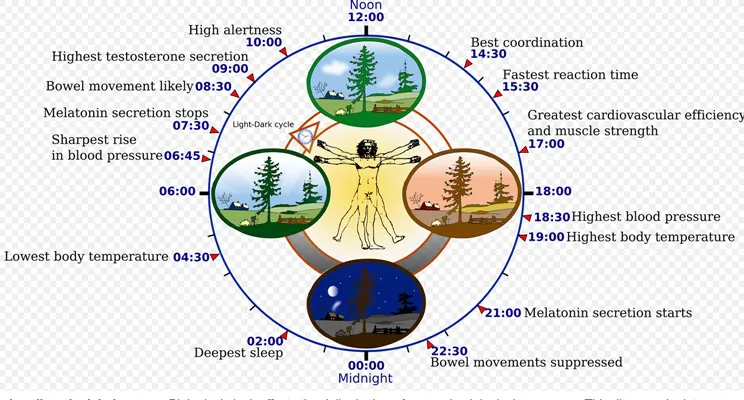
Eat Crickets For Hair Loss And Regrowth?
What Are Cricket Proteins?
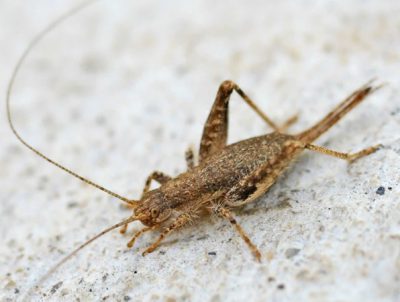 Eat Crickets For Hair Loss And Regrowth? - Arachnocephalus vestitus - Entomart - Wikipedia.
Eat Crickets For Hair Loss And Regrowth? - Arachnocephalus vestitus - Entomart - Wikipedia.The United Nations has designated insects such as crickets as future food sources in a world facing food security challenges.
Why? Crickets have a vigorous reproductive ability and offer a lot of nutrients, including proteins.
Cricket Powder
If you consume cricket powder, you’re actually eating the entire cricket.
Crickets contain very valuable minerals and nutrients that may help to slow the progression of hair loss.
In some cases, it might also help to promote hair regrowth for those who've experienced temporary loss.
Cricket powder contains valuable minerals which are sometimes lacking in the modern diet.
It might be helpful for some types of alopecia conditions, such as Telogen Effluvium or Traction Alopecia, where regrowth is potentially possible.
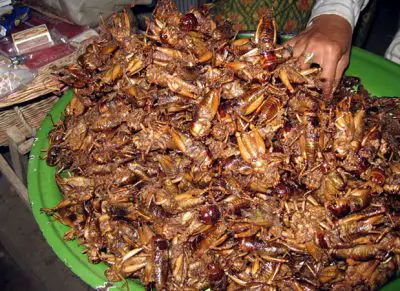 Eat Crickets For Hair Loss And Regrowth - Fried Crickets In Cambodia - Wikipedia
Eat Crickets For Hair Loss And Regrowth - Fried Crickets In Cambodia - WikipediaThe United States Patent Application For Cricket Hair Protein Powder For Hair
- Edible Cricket Composition For Preventing Hair Loss, Improving Hair Follicles and Promoting Hair Regrowth - the abstract states:
"A hair regrowth (product) has been developed using edible crickets. Edible crickets are provided in the form of 60-100 g (grams) of powders."
Or they can be taken in the form of 60-100 g (grams) of pills, tablets, or related formulations on a daily basis. Edible crickets have minimal side effects and are considered safe.
Edible Cricket Protein Is Higher Than In Synthetic Medicines For Promoting Hair Regrowth
The patent application for edible cricket states:
 Creative Commons Attribution-Share Alike 3.0 Unported License
Creative Commons Attribution-Share Alike 3.0 Unported License"The intake rate of edible crickets is higher than those of synthetic medicines for promoting hair regrowth.
It's also higher than prescription medicines designed to prevent hair loss. Edible crickets are used for pharmaceuticals, supplements, and cosmetics."
Edible cricket protein contains iron (Fe), zinc (Ze), copper (Cu), and biotin (Biotin, Vitamin B7).
Benefits Of Cricket Protein Powder Ingredients
The stated benefits in the patent application for utilizing cricket proteins are summarized as:
"The promotion of hair regrowth, the prevention of hair loss, and the improvement of hair follicles are easily recognized."
How Does Cricket Powder Help Hair Loss?
 Eat Crickets For Hair Loss And Regrowth? - Little Girl Eating Chocolate Covered Crickets - Don Bugito Snacks - All Rights Reserved
Eat Crickets For Hair Loss And Regrowth? - Little Girl Eating Chocolate Covered Crickets - Don Bugito Snacks - All Rights ReservedSome of the rich minerals contained in cricket protein powder include, but aren't limited to:
Iron (Fe), zinc (Ze), copper (Cu), and biotin (Biotin, Vitamin B7), as well as iodine and manganese.
Iron (Fe) deficiencies may prevent the efficient flow of oxygen to tissues from the center of the hemoglobin in red blood cells.
To create successful hair growth, blood circulation becomes extremely important.
Iron effectively transfers oxygen to the hair, scalp, roots, and follicles so they can survive, thrive and grow.
Zinc (Ze) deficiencies are often present in people experiencing hair loss.
Zinc deficiencies may also manifest as chronically dry scalp, skin and hair. It also may result in slow wound healing and sex hormone deficiencies.
Copper And Biotin
Copper (Cu) supports skin health, immune function, and proper iron absorption. It’s often deficient in the modern diet. Copper deficiency mimics iron-deficiency anemia and presents as low white blood cells.
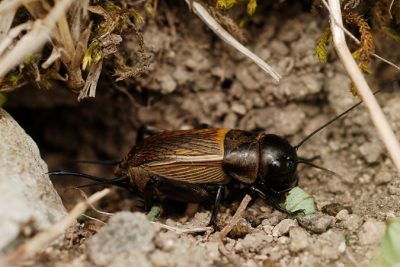 Gilles San Martin from Namur, Belgium - Gryllus campestris female Uploaded by Jacopo Werther
Gilles San Martin from Namur, Belgium - Gryllus campestris female Uploaded by Jacopo WertherBiotin (Biotin, Vitamin B7) is known as Vitamin H or Vitamin B7.
In some cases, it may help to prevent hair loss, recover brittle nails, and helps strengthen skin and hair.
Biotin deficiencies are thought, in some cases, to manifest as hair loss.
Biotin is needed for good hair growth but also for digestion of food and the management of blood glucose.
Note: Talk to your physician before supplementing with biotin. Studies done by The National Library of Medicine indicated that biotin supplementation may lead to dangerous false laboratory results.
If vitamins, minerals, and nutrients are not properly digested, they may not make it to the hair roots.
Iodine And Manganese
Iodine is required to produce thyroid hormone, which regulates your metabolism. Low iodine manifests as hypothyroidism which is known to trigger hair loss in some circumstances.
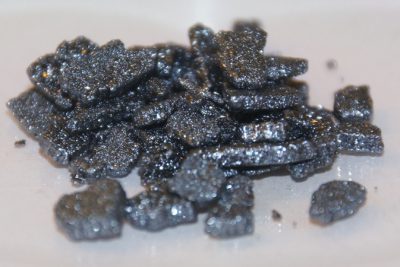 Eat Crickets For Hair Loss And Regrowth? - Iodine - LHcheM - Wikipedia
Eat Crickets For Hair Loss And Regrowth? - Iodine - LHcheM - WikipediaManganese helps form bone and metabolize protein. Many enzymes in your body are dependent on manganese.
One called glutamine synthetase turns toxic ammonia into glutamine, a beneficial amino acid.
Manganese is necessary in the proper amounts in order to encourage healthy hair growth.
Taking Edible Cricket Protein Powder May Be Useful For Some Types Of Hair Loss
Edible cricket protein contains ingredients known to be useful for accelerated hair regrowth.
However, edible cricket powder may not always produce excellent effects on the prevention of hair loss, the improvement of hair follicles, or the promotion of hair regrowth in all cases or for all people taking the powder.
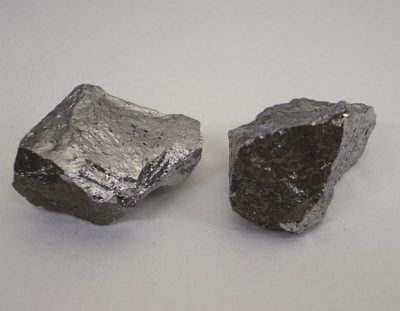 Eat Crickets For Hair Loss And Regrowth? - Manganese - Wikipedia
Eat Crickets For Hair Loss And Regrowth? - Manganese - WikipediaGenerally, it's considered safe for most people.
In a controlled study of adults who consumed protein powder, the participants did not report any significant side effects from cricket consumption.
Cricket protein powder may be beneficial for some people with some types of temporary hair loss.
It may promote healthy hair regrowth and long-term hair maintenance.
It may also help slow or reverse some types of gray, white, and/or silver hair for some people.
Hair Loss Differs For Men Versus Women
According to The American Hair Loss Association®, "hair loss in women isn't always as straightforward as it is in most men.
In men, as much as 90 percent of all cases are caused by hereditary male pattern baldness. In women, hair loss can be triggered by a multitude of conditions and circumstances."
Hair loss can be a complex condition and should be addressed with the help of a qualified physician specializing in hair loss treatment.
 David Alvardo - Unsplash
David Alvardo - UnsplashCricket protein powder may not be a viable hair loss remedy.
Especially for the treatment of chronic or progressive hair loss in either men or women.
When in doubt, always consult with your hair loss expert of choice.
Will You Eat Crickets For Hair Loss?
Cricket protein may be available in formulations of capsules, powders, granules, tablets, pills, and drink mixes.
Powders are sterilized and sealed to make a safe drink for humans to consume.
Would you consider taking a product that consisted of cricket protein powder if it might help your hair?
Before you rush out to load up on cricket powders, please do your homework and research.
Talk to your hair loss physician or other experts. The world is full of hair loss remedies, lotions, and potions, but they may not help your hair, only shrink your wallet.
Buyer beware.
Best wishes to all.Social Media Network Information
Please follow us on Twitter at: https://Twitter.com/HairBoutique. I look forward to meeting new people from all walks of Twitter and learning from their Tweets.


